We are here to protect the virtual environment and the internet ecology
Not long ago merely a tiny elite could make their voices heard. Only a few were allowed time and space in mass media to send their messages down to passive readers.
Then came the Internet. Everyone could express their opinions. We could be read and heard and watched all over the world. Collaborate, participate and create. Everyone could share their own life and take part of others’.
The Internet is like a rainforest with an amazing ecology: A world of unprecedented diversity. Humans with all kinds of experiences, talents and knowledge. Communities that stretch the imagination. Services of every thinkable kind.
The basis of the internet ecology
The basis of this Internet ecology is Freedom of Communications – or Freedom of opinion and expression as the UN calls it in its Universal Declaration of Human Rights.
In Article 19 it is stated:
“Everyone has the right to freedom of opinion and expression; this right includes freedom to hold opinions without interference and to seek, receive and impart information and ideas through any media and regardless of frontiers.”
5th of July 2012
On 5th of July 2012 the UN Human Rights Council adopted the “Resolution on the Promotion, Protection, and Enjoyment of Human Rights on the Internet”.
71 member states signed a text which “Affirms that the same rights that people have offline must also be protected online, in particular freedom of expression, which is applicable regardless of frontiers and through any media of one’s choice, in accordance with articles 19 of the Universal Declaration of Human Rights and the International Covenant on Civil and Political Rights;”
The existing Universal Declaration of Human Rights also recognizes that we have the right to privacy and to be protected from interference with our correspondence.
Offline we have the right to meet a friend in a café for a talk – without being registered or taped. We have the right to put a letter in a mailbox without any postmaster registering who sends it to whom and at what time and place. Those are regarded as basic human rights and as a foundation for a healthy democracy with free formation of opinion.
Yet, on the Internet those rights are not guarded. The main sponsors of the 5th of July UN Resolution were Sweden and the United States.
Sweden was also the main force behind the Data Retention Directive in EU, which forces Internet Service Providers and Telcos to store information about all their customers’ doings, without any warrants or suspicions of criminality. NSA in the US is notorious for listening in to and storing Internet traffic. Sweden’s FRA is listening to all internet and phone traffic that passes the nations borders.
They talk – we act!
The 5th of July Foundation aims to do what the UN is simply talking about:
Give people the opportunity to enjoy the same rights online as offline.
We will develop and bring quality services that are easy to use and that guard the users’ right to communicate and express themselves without fear.
We wish to save the basis of the Internet: Freedom of Communications, thereby letting the Internet blossom and sprout.

